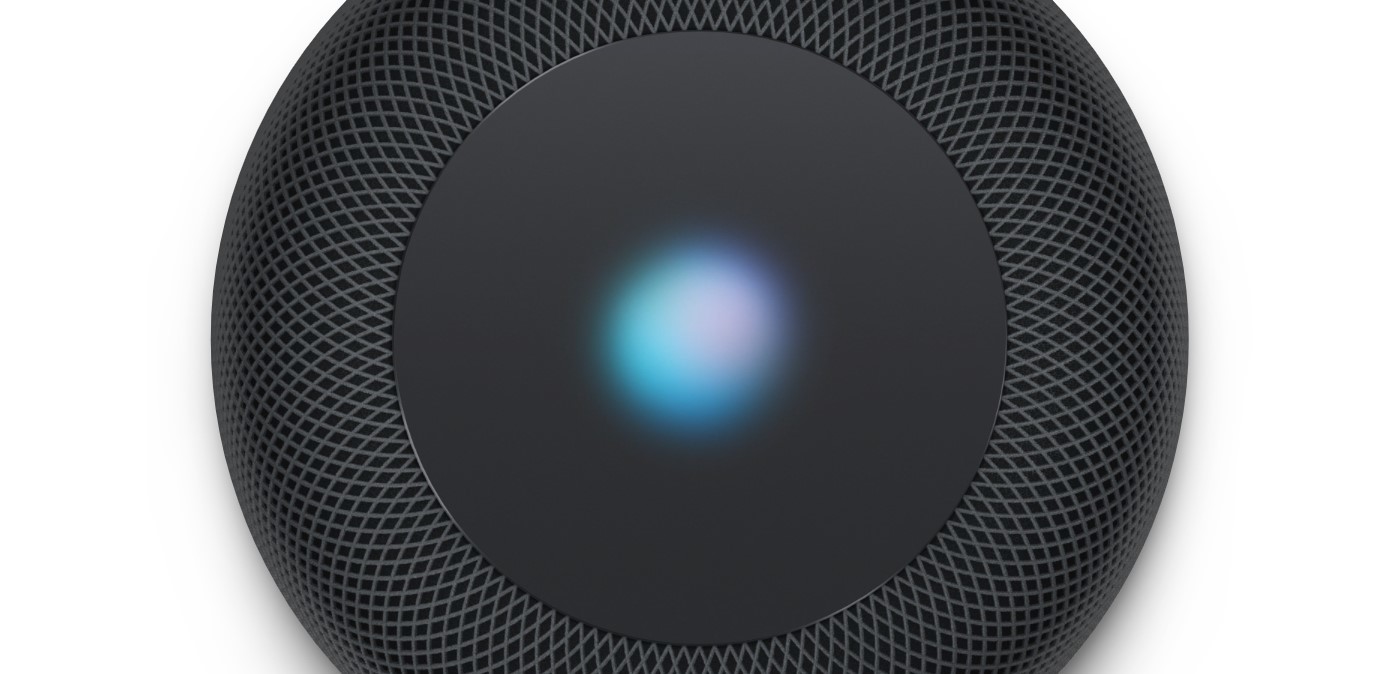Apple's smart home blind spot

Apple's smart speaker, HomePod, is expected to hit the market by the end of 2017 to take on the likes of Amazon Echo, Google Home and others.
In typical Apple fashion, however, HomePod will not work in a similar way to other smart speakers: it can't process much locally. We gleamed a hint of this from iOS 11.2, where Apple told developers what use cases would be allowed:
Siri recognizes SiriKit requests made on HomePod and sends those requests to the user’s iOS device for processing.
Whoa – so HomePod requires an iOS device to be present at all times, and the heavy lifting will be done somewhere else instead of directly on HomePod. If your iOS device isn't around at home, or the battery is dead, these commands won't work.
What's particularly odd is Apple appears to have built HomePod for a single user. As in, it does not support multiple accounts at launch and funnels all queries through a single phone + Apple ID. The opposite of how a smart home device should work, given the home is more shared than ever.
It doesn't get any better the deeper you go here. HomePod is running iOS under the hood so there's no reason Apple couldn't actually process commands locally, but it'll likely argue it's under the guise of privacy.
Even stranger, it requires you to buy into Apple Music if you want to listen to music on the device. Spotify, SoundCloud and others are non-supported use cases on day one, and Apple will not allow them (it's been two years since SiriKit launched on iOS and nada on the Spotify front still).
That means you'll need to convince each family member in your home to switch to Apple Music (and funnel their requests through your account). Sure, you could use Airplay 2, which looks like a decent upgrade, but it relies on the original device being present to continue streaming.
Yes, the HomePod is an Amazon Echo in every way but one: it doesn't want you to share. Apple's insular approach to software design is laid bare here, because in the home diversity of services and choice is a good thing.
If I want to use Spotify and my partner wants to use Google Music, she should be able to and not have to think about being locked out of our speakers. If my phone dies, I should be able to still send messages. If I leave the house, my partner should still be able to use all of HomePod's features.
Sonos, the first 'smart' speaker has done the opposite, attempting to become a sort of Switzerland for voice assistants where it welcomes any that wish to be supported. It's a smart move, and one that might help it hold ground against this new wave of devices.
Apple is so good at hardware but painfully bone-headed when it comes to software and it's frustrating to see the company make these kinds of anti-consumer decisions. The smart home shouldn't be this insular mess of walled gardens but one that accepts user choice.
Unfortunately, Apple doesn't see it that way.
